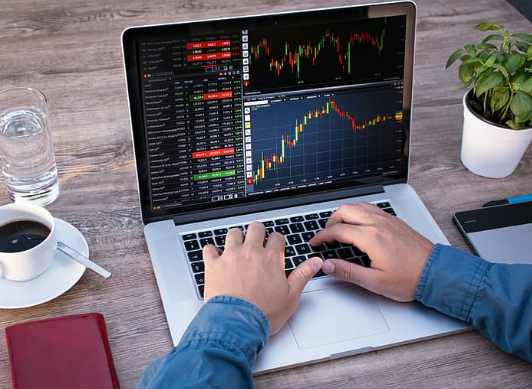Metatrader 4 webtrader is a powerful online trading platform that has been gaining popularity among traders around the world. It provides a user-friendly environment that allows traders to easily access their trading accounts from anywhere, at any time. In this blog post, we will introduce you to the basics of Metatrader 4 webtrader and guide you through its features and functionalities. Whether you are a beginner or an experienced trader, you will find this guide helpful in navigating the platform and making the most out of it.
Understanding Metatrader 4 webtrader:
metatrader 4 webtrader is a browser-based trading platform that is accessible from any device with an internet connection. Unlike the desktop version, it does not require any software download and can be accessed directly from the browser. The platform provides a vast range of financial instruments to trade, including forex, stocks, and commodities. Additionally, it offers advanced charting features, real-time price quotes, and news updates to help traders make well-informed trading decisions.
Getting started with Metatrader 4 webtrader:
To start using Metatrader 4 webtrader, you will first need to open a trading account with your preferred broker. Once you have created your account, you will be provided with a login ID and password to access the platform. Simply enter your credentials in the login page, and you will be directed to the dashboard where you can view your account balance, open trades, and trading history.
Navigating the Metatrader 4 webtrader platform:
The user interface of Metatrader 4 webtrader is intuitive and easy to use. The main menu is located at the top of the screen and provides access to essential trading tools such as charts, order placement, and trade history. The charts can be customized according to your preferences, and you can create multiple chart windows to compare different instruments. Additionally, the platform allows you to set alerts and notifications for price changes, margin levels, and news releases.
Placing trades on Metatrader 4 webtrader:
To open a trade, simply click on the ‘New Order’ button and select the instrument you wish to trade. You can choose from a range of order types, including market, limit, and stop orders. The platform also provides advanced order execution options such as one-click trading, which allows you to enter and exit trades quickly. Moreover, you can set up automated trading strategies using the platform’s Expert Advisors (EAs) or indicators.
Short:
Overall, Metatrader 4 webtrader is a user-friendly and powerful trading platform that can help traders achieve their financial goals. It provides a vast range of trading instruments, advanced charting tools, and automated trading options to cater to the needs of both novice and expert traders. By following the above guide and exploring the platform’s features, you can enhance your trading skills and maximize your profits.



